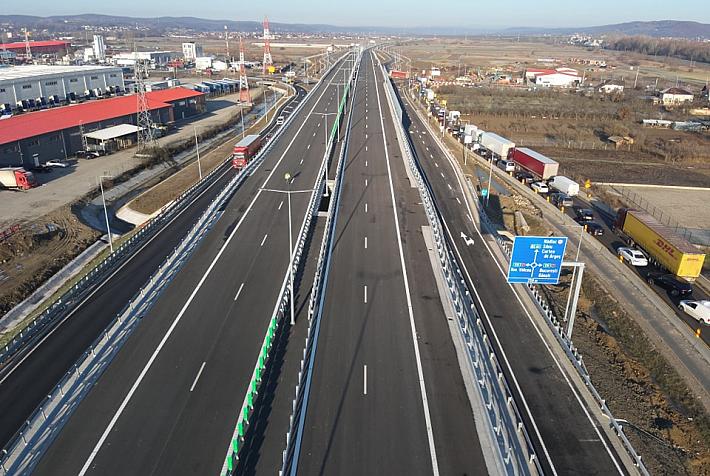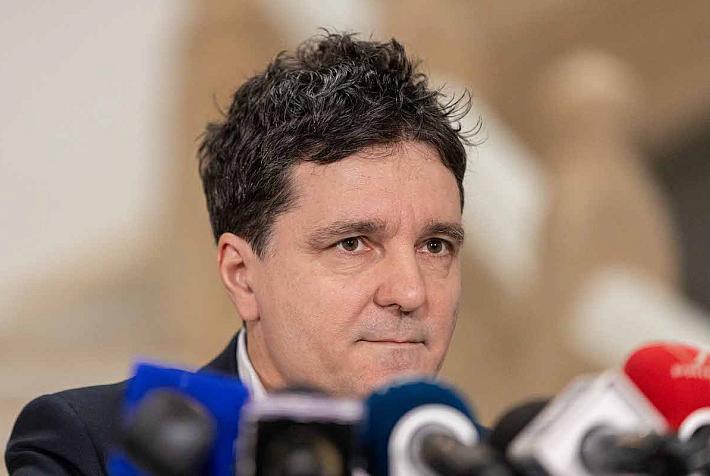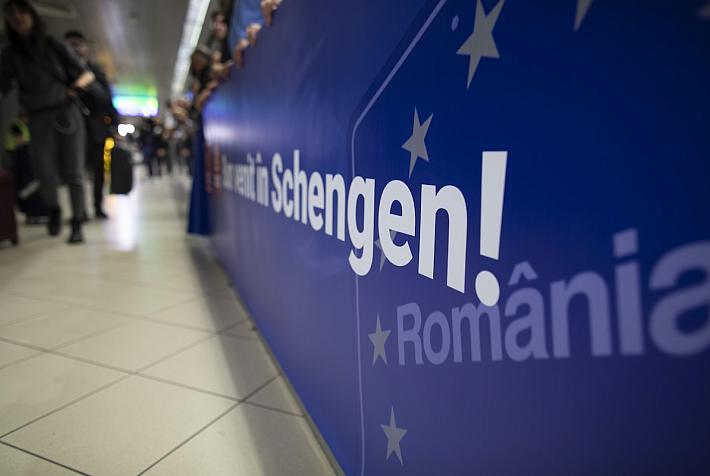Mark Mobius: For a country like Romania there’s no problem in getting money, it’s how to gain investors’ trust

There is plenty of money on the international markets from which Romania could benefit in the following years, as the country has the potential to turn into one of the growth champions in the region, but it needs to earn investors’ trust by continuing reforms and eliminating market barriers, in order to convince them to bring their money here, said Mark Mobius, executive chairman of Templeton Emerging Markets Group, in an exclusive interview for Romania-Insider.com.
Mark Mobius has been one of the most high profile fund managers investing in Romania and promoting the country to other institutional investors in the last five years. He helped American group Franklin Templeton win the mandate to manage Fondul Proprietatea, Romania’s largest closed end fund, with some EUR 3.5 billion in assets, in 2009.
Since then, he has been travelling at least twice a year to Romania to attend Fondul Proprietatea’s shareholders meetings and meet the fund's investors, as well as to look for new potential investments for the Franklin Templeton emerging markets funds which he’s managing.
He said he has seen the country make important progresses during this period, both in terms of reforms and in changing some of its old mentalities.
“The first thing is giving us the contract to manage the fund. This is amazing actually when you think about it. I can’t think of any country in the world that would have done what Romania did: taking what is basically a sovereign fund, with huge assets of the country and asking a foreign fund manager to come and manage it. This is a revolutionary step, the first amazing development in Romania. And it underlines Romanians' creativity and willingness to move in a different direction than everybody else,” Mobius told Romania-Insider.com.
The second thing he noticed is that the International Monetary Fund (IMF), and the EU reform programs, though difficult to accept by Romanian officials, have moved ahead. The Government began to establish a legislation which improves corporate governance and requires professional management and board members in state-owned companies. Things like these move the country forward, he said.
However, the speed at which these reforms are implemented is still slower than what investors expect, Mobius added. He also thinks that more privatizations should have been made.
Mobius still believes that Romania has the potential to become a growth champion among emerging markets, but says that the country needs to reduce restrictions in setting up new companies and to speed up the process of granting approvals and licenses.
“What you want to do is to encourage the small and medium enterprises, because these are the companies that generate employment. In order to encourage them you need to make it easier for them to do business, because they are busy, they don’t have time to stay in line to get approvals and licenses. This could really kick start the economy,” Mobius explained.
Opening up the market, by reducing restrictions, according to EU and IMF recommendations, can also generate more interest and bring more money in.
“There is also a lot of EU money waiting to be utilised. It would be a pity for Romania not to use this money. The nice thing about EU money is that there are outsiders watching how this money is used in order for it to be used in a proper way, and that’s very good for the country,” Mobius said.
He also believes that Romanians who live and work abroad will also create a tremendous force, because they will be returning and starting enterprises in the country. “Instead of having an outflow, you will have an inflow of people coming into the country.”
He believes technology to be one of the most interesting sectors in Romania, with potential to support the country’s future economic growth. “Romanians have a tremendous pool of engineers and educated people who are good on computers, software, as well as in the fields of oil and gas exploration and production. And I would think that those are the areas that are interesting going forward.”
However, in order to realise this growth portfolio and to bring more investors in, Romania must also lower restrictions on the local capital market. “There are a lot of barriers for people who want to invest here, and this is why the stock market is so small.”
Franklin Templeton has also supported the Bucharest Stock Exchange initiative to identify and eliminate restrictions which make it harder for investors to bring their money here, known as the “Great Barriers Shift” initiative, which aims to change the capital market legislation and regulations as well as eliminate some fiscal barriers.
“The listing of Fondul Proprietatea on the London Stock Exchange will have a huge impact on Romania and the investment community. When a fund is listed in London it means that people controlling USD 50 billion or more can buy a Romanian stock that represents all of Romania without having to go through all the complications of registering on the Romanian stock exchange,” Mobius added. “As soon as you have this fund listed in London, then you have maybe ten brokers doing research and writing reports on the fund and on Romania. So all this helps a lot.”
However, the Romanian capital market regulator ASF rejected, end-November, the new regulation on Depository Interests (DIs) that would have allowed Fondul Proprietatea to proceed with its listing on the London Stock Exchange (LSE) in December. The regulator’s decision blocked the fund’s listing, which had been approved by the funds shareholder’s in April, much to Franklin Templeton’s disappointment.
“The decision taken by the ASF board to not approve the DIs regulation necessary to complete the fund’s listing on the LSE is very disappointing to us and to our shareholders,” said Greg Konieczny, Fondul Proprietatea’s fund manager, in a press statement. He considers that the recent decision sends an unfavourable message to foreign investors interested in investing in Romania.
“Observance of shareholders decisions in listed companies and a supportive regulatory environment are absolute requirements in order for the Romanian capital market to be upgraded to emerging market status,” according to Franklin Templeton’s representatives.
Both the Bucharest Stock Exchange (BVB) and the Financial Supervisory Authority (ASF) have made it their mission to have the local capital market upgraded by MSCI to emerging market status, which is a much bigger league than the frontier market category, where Romania is currently included.
However, in order to achieve this, Romania must list more large companies and increase the free float of already listed ones, Mark Mobius says.
“Right now Romania in the MSCI index of frontier markets is quite small. If right now it were to be put in the emerging markets index it would be really tiny, almost unnoticeable,” Mobius told Romania-Insider.com. “However, MSCI looks at the free-float, what percent of a company’s share can be bought by investors. So the first step for Romania is to increase the free-float. That’s what we are trying to do with Fondul Proprietatea.”
Fondul Proprietatea has sold stakes worth more than EUR 350 million since the beginning of 2013, including 1.1% of OMV Petrom, 5% of Romgaz, 15% of Transgaz and Transelectrica and 24% of Conpet. However, the fund is still waiting for the listing of power producers Hidroelectrica and C.E. Oltenia, which make an important share of its portfolio. Hidroelectrica’s listing has been delayed due to the company re-entering insolvency in the beginning of this year.
However, Mobius thinks that Romania can take advantage of the international context, which remains favourable for capital markets.
“We’ve been through a five-year boom market in the US and in some other countries, and we are half way there. I think we have another three to five years of bull markets going forward. And the reason I’m saying that is the amount of money that has been pumped into the global financial system has been tremendous,” Mobius said.
“Central banks have been putting money into the banking system in order to help banks grow and be safe. A huge amount of money piled in banks, but the loans to deposits ratios of commercial banks are going down. Where is this money going? They have been taking money from central banks and buying US or European treasuries. They haven’t been lending it. Once this changes, then there will be an incredible growth in these markets, and I think that emerging markets will benefit,” he explained.
He said institutional investors all over the world have billions of dollars to invest and they are under pressure to get these money out and to get higher returns.
“For a country like Romania there’s no problem in getting money, it’s how to convince people to be confident, that’s what it’s all about,” he concluded.
Andrei Chirileasa, andrei@romania-insider.com












